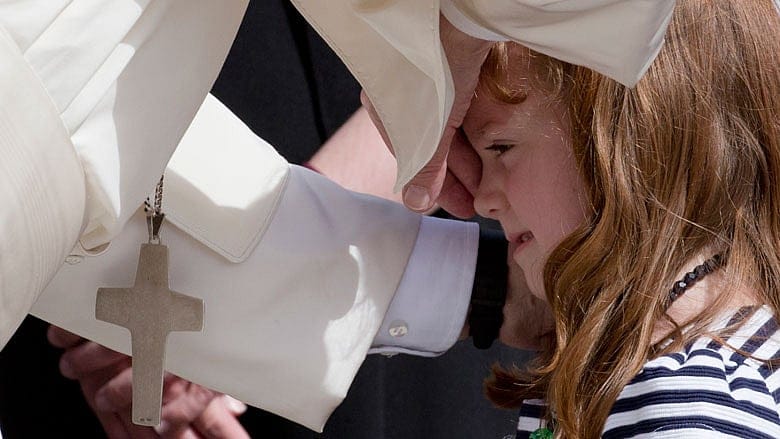Love hurts

Love, to be true, has to hurt.
Though Blessed Mother Teresa spoke these words over 20 years ago, few can forget the waves her comments made through the carefully patrolled waters of American politics. At the 1994 National Prayer Breakfast, Mother Teresa called abortion the "greatest destroyer of peace," and reasoned "If we accept that the mother can kill even her own child, how can we tell other people not to kill one another? … By abortion, the mother does not learn to love, but kills even her own child to solve her problem…any country that accepts abortion is not teaching its people to love one another but to use any violence to get what they want."

